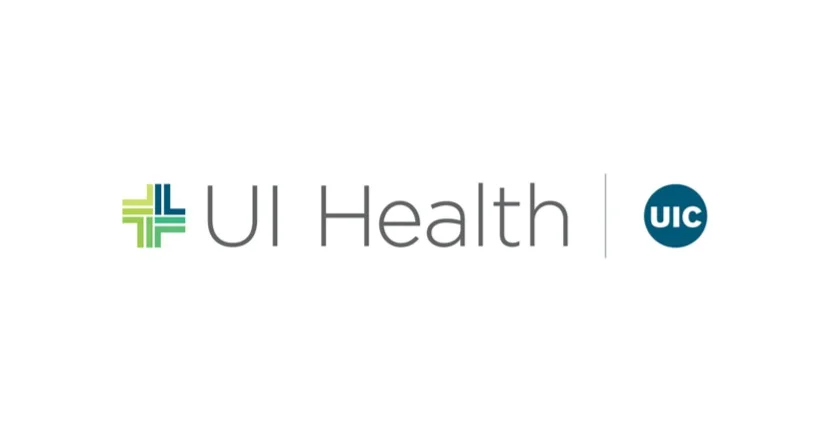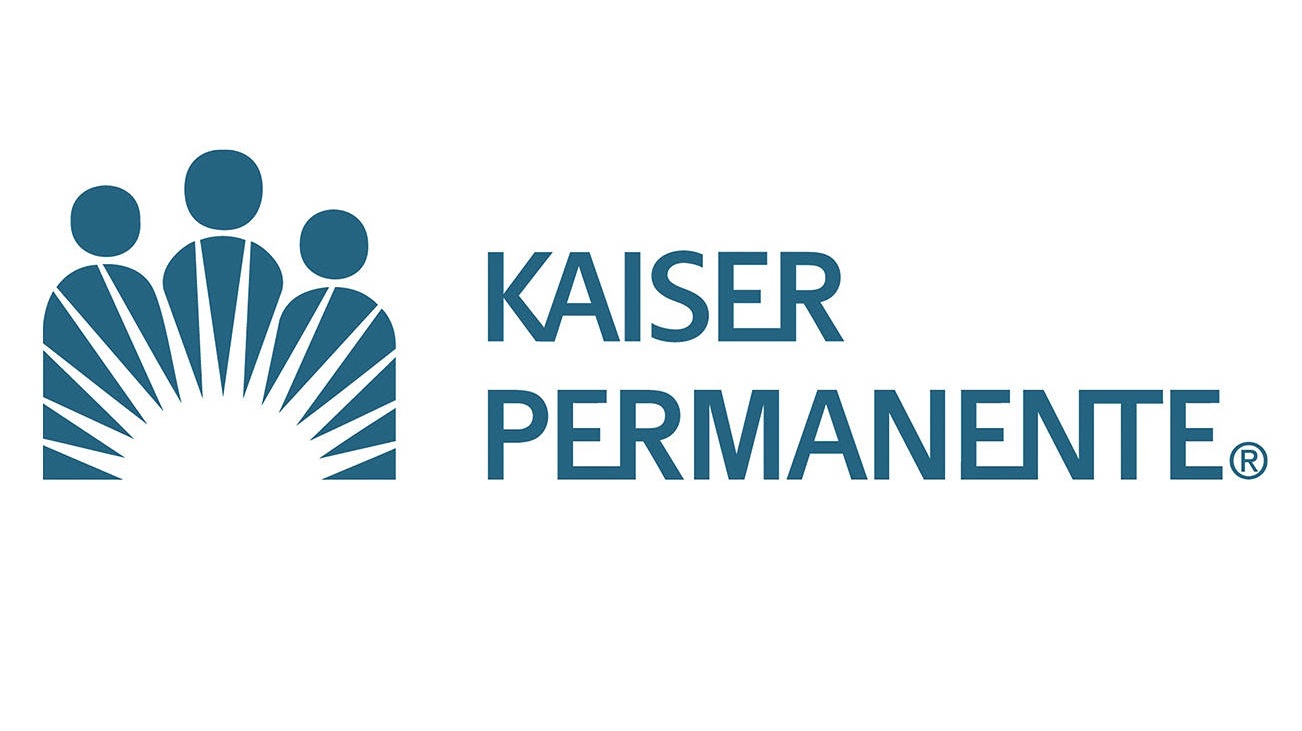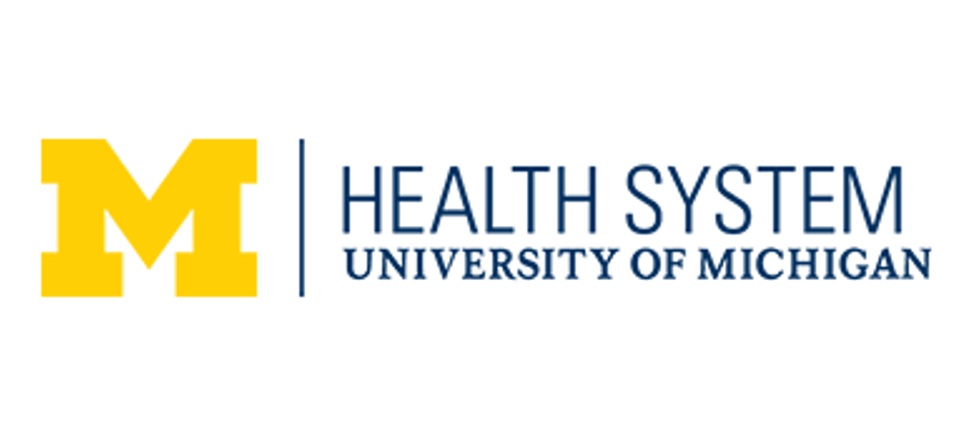Join RELIANCE!
Become a Community Research Partner
A Community Research Partner is a practicing clinician (MD, PA, NP) who treats people with COPD.
To be eligible to be a community partner, the clinician undergoes an onboarding process with the RELIANCE study team. Community Research Partners are not Investigators in the RELIANCE consortium.
You’ll be taken to our nomination page where you can enter details for yourself or for a colleague.
Recently published article:
“WHAT DO YOU RECOMMEND FOR THIS PATIENT WITH COPD?” by Jerry Krishnan, MD, PHD, and Muhammad Adrish, MD, FCCP CHEST Physician, March 2024
>> CLICK TO READJoin us at CHEST:
October 6-9, 2024: Details Coming Soon...
RELIANCE is intended to support hospital efforts to reduce the risk of all-cause hospitalization and premature deaths in individuals with COPD.
Both roflumilast and azithromycin have been shown to reduce the risk of COPD exacerbations compared to placebo.
However, there has not been a head-to-head comparison of the two medications.
RELIANCE (Roflumilast or Azithromycin to Prevent Exacerbations) is a U.S.-based pragmatic, comparative effectiveness trial funded by PCORI (the Patient-Centered Outcomes Research Institute) to compare long-term use of roflumilast vs. azithromycin.
What’s in it for clinicians?
Community Partners should have a clinic flow that supports at least 1 eligible patient referral per month.
Our data shows that about 50% of referrals result in enrollments.
Budget:
Costs to support 20 enrolled patients in 1 year
| CORE | none. | |
|---|---|---|
| CAPITATED | $500 | per year for being a Community Partner... |
| + $60,000 at $3,000 | per patient enrolled x 20 patients | |
| = $60,500 | TOTAL PER YEAR |
RELIANCE's IRB doesn't require any additional submissions from you.
(Your local IRB may require submissions)
Single IRB (CHAIRb). Referring clinicians do not require individual regulatory approval from sIRB.
Collaborate and attend webinars with leaders in COPD treatment, readmission prevention, & pulmonary care.
The Steps:
Your role as a
Community Research Partner
Identify potentially eligible patients during routine care (in-person or telehealth).
Hospitalized for COPD exacerbation or respiratory complications of COVID-19 in the last 12 months;
Have severe COPD with associated chronic bronchitis;
Currently take a LAMA, ICS/LABA, or LAMA/LABA;
May need treatment escalation with either roflumilast or azithromycin (and you have no preference).
Introduce the RELIANCE study.
RELIANCE provides materials to help introduce the study.
If a patient expresses interest, you confirm eligibility and hand them an envelope of RELIANCE materials to support enrollment by the RELIANCE call center.
Submit a 3-minute online referral form. RELIANCE takes it from there!
The RELIANCE call center confirms interest and eligibility.
A central study MD writes the first Rx and sends it to your patient’s pharmacy.
-
RELIANCE confirms eligibility, consents patient, and writes the first Rx. You don’t need a study coordinator. You just need to continue care for your patient.
More information on the trial
Overview of RELIANCE Trial Design
Up to 3,200 people with COPD associated with chronic bronchitis hospitalized for COPD exacerbation in the past 12 months
Evaluate guideline-recommended options for preventative care with established efficacy compared with placebo. Chronic azithromycin vs. roflumilast as used in routine care, with randomization to select initial therapy
COPD Foundation PPRN-led non-inferiority comparative effectiveness trial, stratified by site and current/past smoking status, followed 6-36 months
Primary outcome: All-cause hospitalization or death (self-report via call center, EHR, claims, NDI, Medicare data in subset)
4. Secondary outcomes:
All-cause individual events: hospitalization, emergency department visit, urgent care visit, and death (EHR, claims, self-report, NDI)
Single-item PROMIS measures (physical function, sleep disturbance, fatigue, anxiety, depression; self-report)
Adverse events (self-report, EHR)
Medication adherence (self-report, Medicare data in subset); Crossover (self-report, Medicare data in subset, EHR); Treatment discontinuation (self-report, Medicare data in subset, EHR); Out-of-pocket costs (self-report), Weight (self-report)
A pragmatic study - fitting COPD care to real world patient and clinician practices
RELIANCE will assess the combined effects of “real-world” patient and clinician practices plus pharmacologic efficacy in individual patients.
Because RELIANCE is an effectiveness trial, it is inclusive of adverse effects, out-of-pocket costs of medications, co-morbid conditions and other factors that contribute to patient/clinician practices, including dosing, dose-titrations, adherence and treatment discontinuations, cross-overs, and use of co-therapies.
Medications will not be provided to patients. Clinicians will ask the patients to fill the prescription as per usual practice.
Clinicians retain the flexibility to select alternate regimens (e.g., starting at a lower dose and titrating up), discontinuing therapy, crossing-over to the alternate treatment, or combining both treatments at any time, as clinically indicated.
No additional visits are required for RELIANCE participants.
Participating healthcare systems
RELIANCE Community Partners
Alexandra Adams
UR Thompson Health Pulmonary Clinic
Kevin Almerico
Miami Pulmonary Specialists
Iliya Amaza
UW Health Pulmonary Clinic
Gabe Anders
Bothwell Regional Health Center
Mollie Anderson
Vanderbilt Lung Institute
Ram Baalachandran
Central Vermont Medical Center
Abhishek Bhardwaj
Coast Pulmonary & Internal Medicine Associates
Amine Bourbia
Harbin clinic
Sara Carson
Kootenai Clinic Lung & Asthma
Wanda Choy
The Valley Hospital
Adrienne Conger
Vanderbilt University
Wilfor Diaz Fernandez
Beth Israel Deaconess Medical Center
Brittany Duchene
Northeastern Vermont Regional Hospital
Alissa Greenberg
NEMG Pulmonary Medicine
Randall Harris
Cleveland Clinic Respiratory Institute
Daniel Howell
Woodhull Hospital
Tamer Hudali
The Lung and Sleep Center of North Texas
Veronika Jedlovszky
Rutland Regional Medical Center Pulmonary Clinic
James Krings
Washington University School of Medicine
Sankaran Krishnan
Westchester Medical Center
Blake LeMaster
Vanderbilt University
Michael Lester
Vanderbilt University
Zachary Lonjers
Washington University St. Louis
Suman Majumdar
Central Vermont Medical Center
Catherine Miele
Virginia Mason
Andrew Miller
Texas Health Research & Education Institute
Jennifer Minoff
Hannibal Regional Medical Group
Mehdi Mirsaeidi
UF Health Jacksonville
Ian Oppenheim
Medstar Georgetown University Hospital
Dan Reynolds
Washington University School of Medicine
Brett Schaeffer
Erlanger Health System
Meehan Scott
MultiCare Health System
Timothy Spooner
CentraHealth
Vickram Tejwani
Cleveland Clinic Hillcrest
Rodrigo Vazquez Guillamet
Washington University School of Medicine
Kaleb Veit
University of Nebraska
Alexis Wolfe
Northwestern Lake Forest Hospital
Jeannette Zinggeler Berg
Kootenai Clinic Lung & Asthma
Meet the Stakeholder Advisory Team
Susan Bleasdale, MD
Chief Quality Officer
Laura Bullock, PharmD
Pharmacy
Judy Corn
American Thoracic Society
Marilyn Hyatt
Caregiver
Patricia Jellen, RN, MSN
Nurse Administrator
John Linnell
Patient
Elisha Malanga
COPD Foundation
Daniel Ouellette, MD
ACCP Guidelines
With special contributions by
Jan Cotton
Susan Rappaport, PhD
American Lung Association
Stephanie Williams, RRT
Respiratory Therapy
Meet the Executive Committee
Bob Wise, Janet Holbrook, Elizabeth Sugar
Data Coordinating Center (Johns Hopkins University)
Richard Albert, Stephen Rennard
Medication Experts
Richard Mularski, Elisha Malanga, David Mannino, Jean Rommes
COPD Foundation
Jerry Krishnan
Clinical Coordinating Center & Sponsor (University of Illinois Chicago)
Kenneth Quinto, Bradley Hammill, Candace Fuller, Darren Toh
FDA Sentinel Operations Center






































